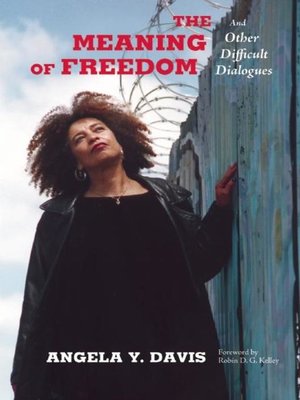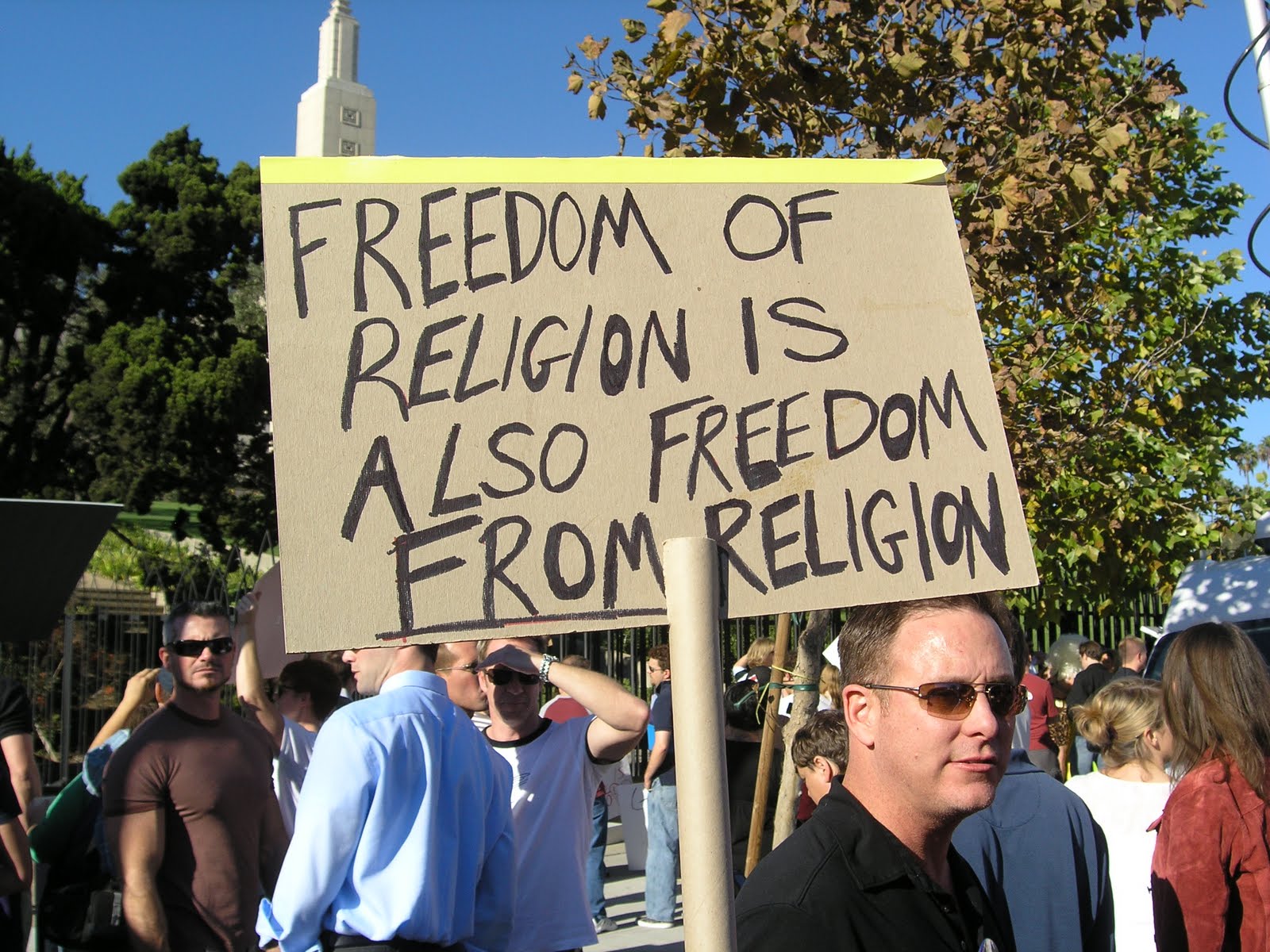


Freedom of worship is uncertain but may be considered to fall between the two terms.

In a country with a state religion, freedom of religion is generally considered to mean that the government permits religious practices of other communities besides the state religion, and does not persecute believers in other faiths or those who have no faith.įreedom of religion goes beyond freedom of belief, which allows the right to believe what a person, group, or religion wishes, but it does not necessarily allow the right to practice the religion or belief openly and outwardly in a public manner, which some believe is a central facet of religious freedom. įreedom of religion is considered by many people and most nations to be a fundamental human right. It also includes the freedom to change one's religion or beliefs, "the right not to profess any religion or belief", or "not to practise a religion" (often referred to as "freedom from religion"). Female genital mutilation laws by countryįreedom of religion or religious liberty is a principle that supports the freedom of an individual or community, in public or private, to manifest religion or belief in teaching, practice, worship, and observance.Richard Posner and Michael McConnell, "An Economic Approach to Issues of Religious Freedom," 56 University of Chicago Law Review 1 (1989). Michael McConnell, Religion and the Constitution (2002), pg.
#Freedom of religion meaning free#
Connecticut that, due to the Fourteenth Amendment, the Free Exercise Clause is enforceable against state and local governments (this act of using the Fourteenth Amendment as the vehicle through which the Court applies the Bill of Rights to the states is also known as the Incorporation Doctrine). In 1940, the Supreme Court held in Cantwell v. As such, state and local governments could abridge the Free Exercise Clause as long as there was no similar provision in the state constitution. When the First Amendment was drafted, it applied only to the U.S. At various times, the Court has either applied a broad or narrow application of the clause. Historically, the Supreme Court has been inconsistent in dealing with this problem. In that case, we have a First Amendment in conflict with itself-the Establishment Clause forbidding what the Free Exercise Clause requires. Some say, though, that it is a violation of the Establishment Clause for the government to give any special benefit or recognition of religion. If there is a constitutional requirement for accommodation of religious conduct, it will most likely be found in the Free Exercise Clause. Such a special benefit seems to violate the neutrality between “religion and non-religion” mandated by the Establishment Clause. As mentioned previously, the Free Exercise Clause implies special accommodation of religious ideas and actions, even to the point of exemptions to generally applicable laws.

In the terms of economic theory, the Free Exercise Clause promotes a free religious market by precluding taxation of religious activities by minority sects.Ĭonstitutional scholars and even Supreme Court opinions have contended that the two religion clauses are in conflict. More importantly, the wording of state constitutions suggest that “free exercise envisions religiously compelled exemptions from at least some generally applicable laws.” The Free Exercise Clause not only protects religious belief and expression it also seems to allow for violation of laws, as long as that violation is made for religious reasons. The Clause protects not just religious beliefs but actions made on behalf of those beliefs. Free-exercise clauses of state constitutions which protected religious “pinion, expression of opinion, and practice were all expressly protected” by the Free Exercise Clause. The Free Exercise Clause reserves the right of American citizens to accept any religious belief and engage in religious rituals. Free Exercise Clause refers to the section of the First Amendment italicized here:Ĭongress shall make no law respecting an establishment of religion, or prohibiting the free exercise thereof.


 0 kommentar(er)
0 kommentar(er)
